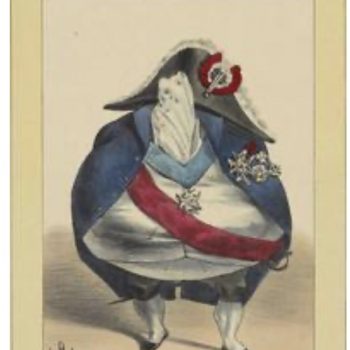“It is better, [Heraclitus says], to conceal one’s ignorance.” (Robinson 95; see too S and D, 95, and K 107)
Compare Kahn: “It is better to hide one’s folly; but that is difficult in one’s cups and at ease.”
The fragment comes from Plutarch. Many commentators, including Robinson, take the latter phrase to be from him, thus do not include it in the fragment itself.
Here, as in various fragments, we might see Heraclitus as expressing a truism. It is better that one doesn’t show the world one’s foolishness, or lack of learning. But this would appear, at best, as a situational truth. There are many cases where one will not be served by doing so. Yet in fact, it is all but clear that this statement, like many truisms, applies universally. We might ask: Better for what? Or better for whom?
In many cases, it seems in fact that admitting one’s ignorance is helpful. Certainly organizations will benefit if, instead of individuals pretending to know what they do not, those individuals would admit what they do not know and then perhaps try to learn what they need to know for their particular tasks. Organizations would clearly benefit from this. Would the individuals? In many cases, I would think so. But this too may be situational. Sometimes an individual will be entrusted with a task that they are not yet knowledgable to handle, but they will grow into their role and fulfill their functions well. Other times, as most of us regrettably know, individuals may be entrusted with tasks they are ill-suited to handle because they have perhaps hid their ignorance well. Sometimes those individuals fail miserably at the tasks, in which case the individuals typically, as well as the organizations, will not benefit from the folly well-hidden.
